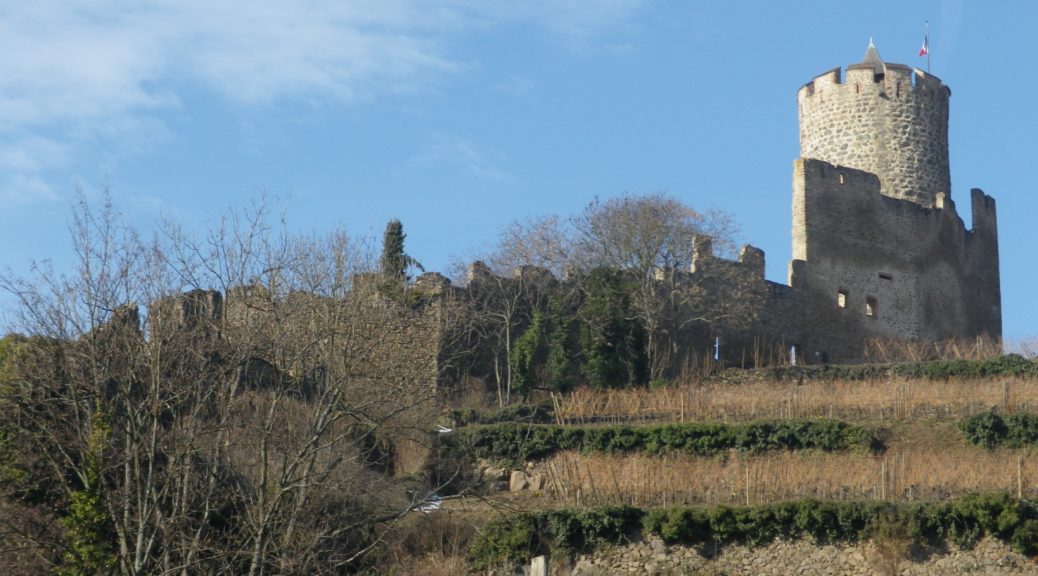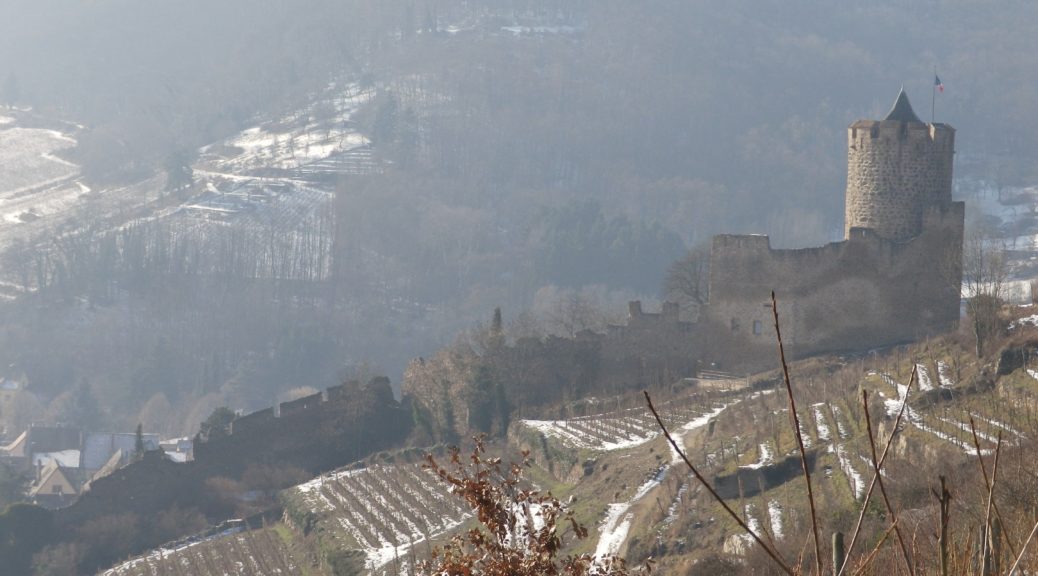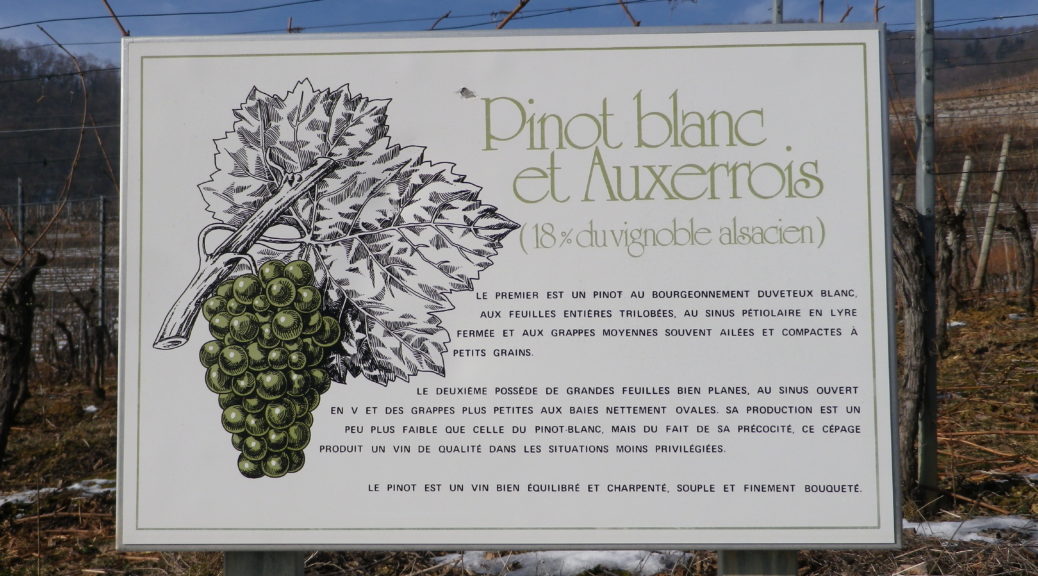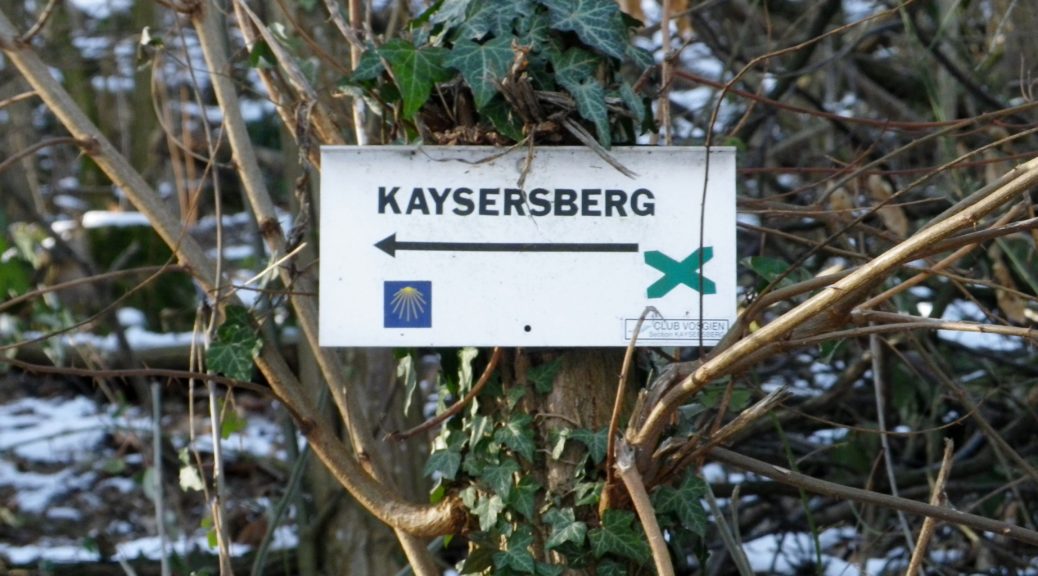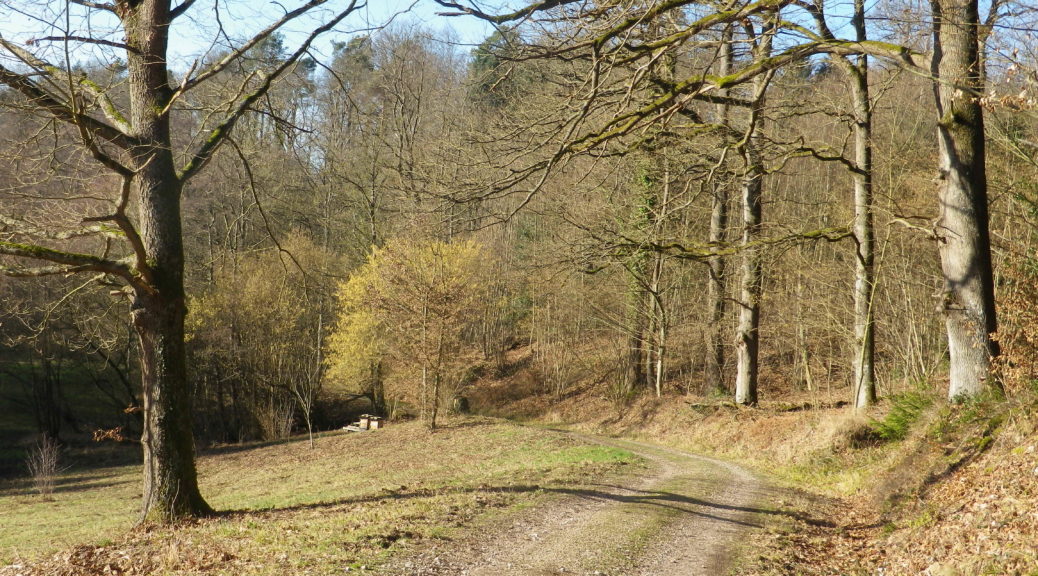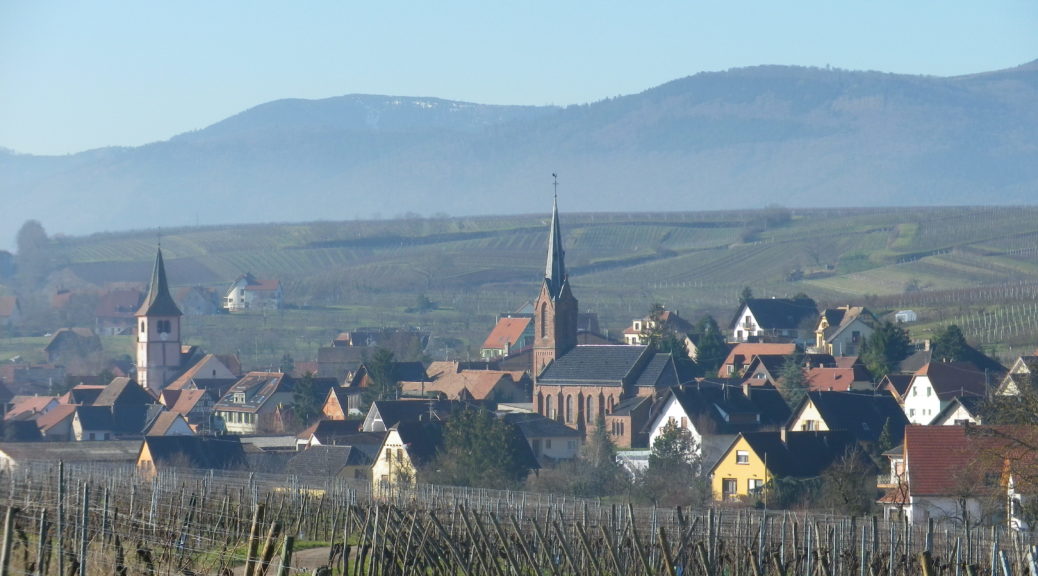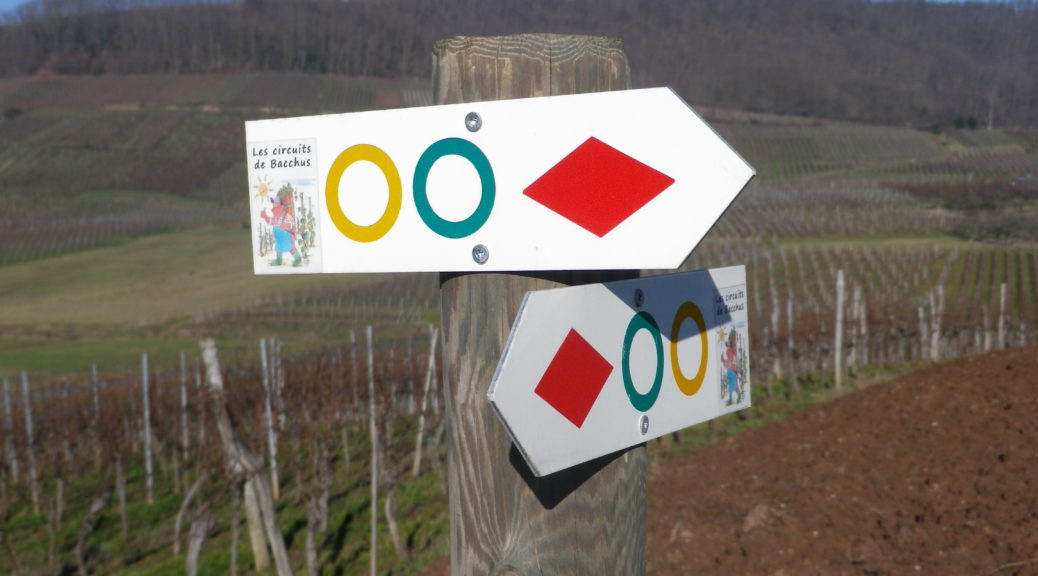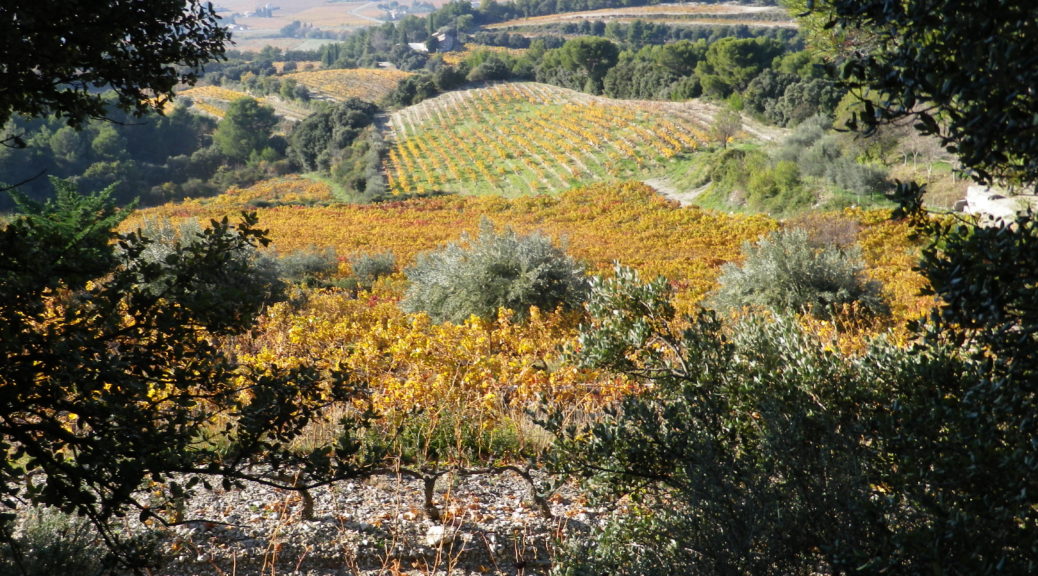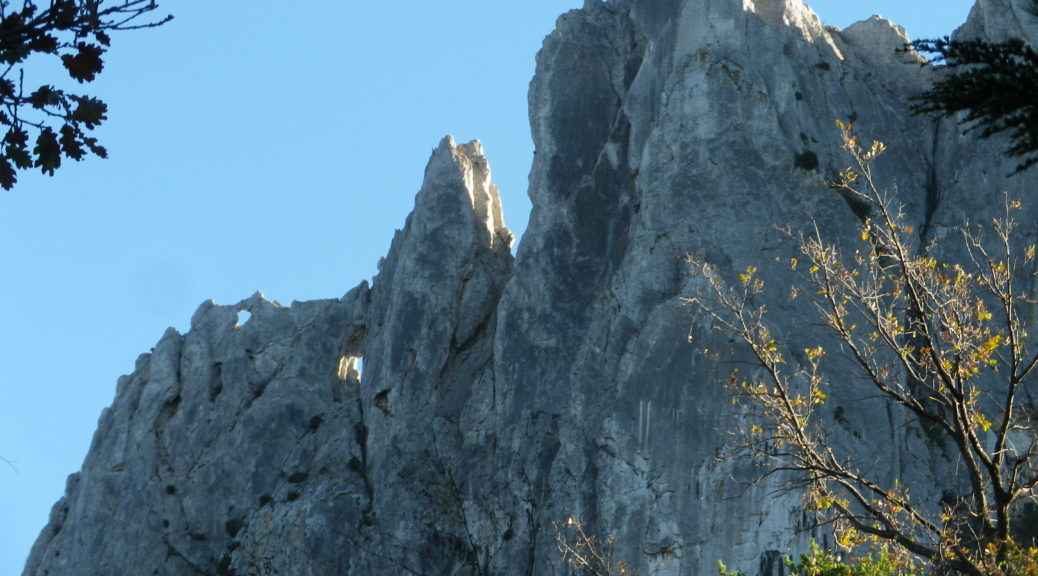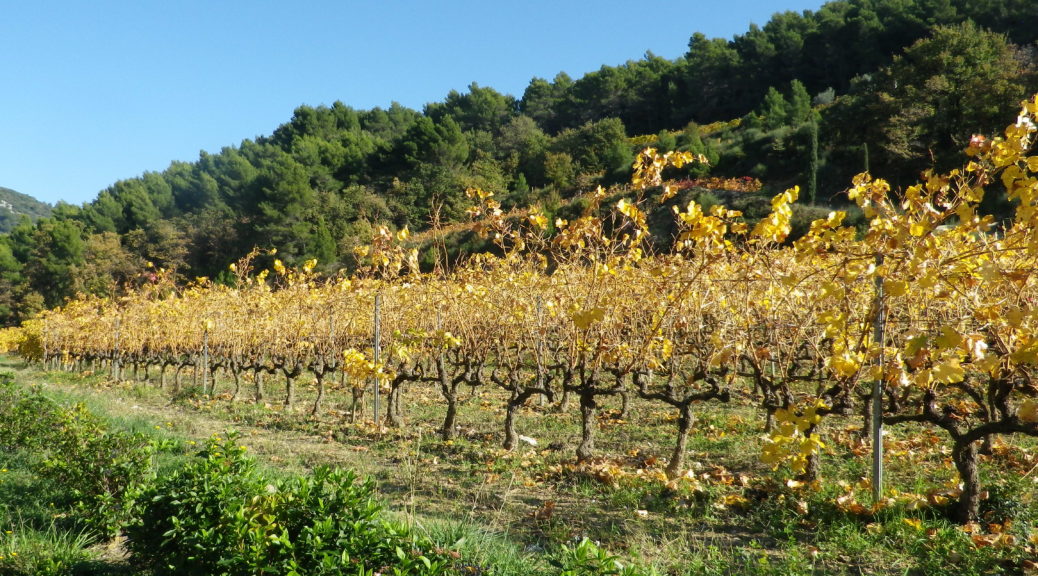Tag Archives: France,
Wine on the Way
Wine is a great European tradition. The Way of Saint James (“The Way”), a pilgrimage route to the far northwestern corner of Spain, is another. The two combine magnificently on this short hike.
Around the year 1000 A.D., people across northern Europe began to undertake pilgrimages to the shrine of Saint James (the Greater). The routes they took to northern Spain tended to converge in France, just in front of the Pyrenees, which they would cross in groups, before continuing the long trek across northern Spain. Of course, for northern Europeans, there was no one route, rather a series of waypoints (mostly small towns or large monasteries) that lead to the Pyrenees’ passes. Most of these waypoints were a day or so apart, where those who hiked The Way (and that was most of them), could find food, shelter and safety for the night. The routes today, if not strictly identical to the ones in medieval times, still follow that precept. Hiking in Germany, northern France, even Switzerland, The Way routes are seemingly ubiquitous. It is now popular to hike in stages over the years, culminating finally at Santiago de Compostela.
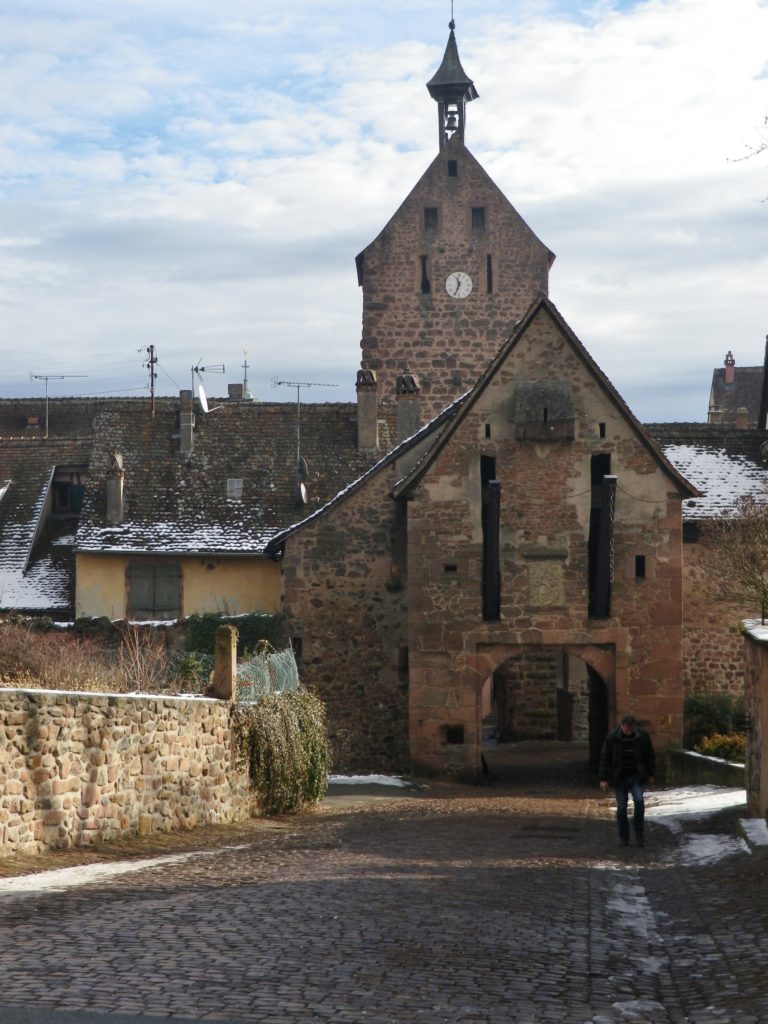
Wine Notes: Alsace Haut-Rhin Grands Crus
What I Learned
Alsace’s Haut-Rhin (upper Rhine) area’s interesting geological history resulted in some great terroirs. It was initially born of volcanic activity. Once spent, the volcanic mountains collapsed on themselves, and an ancient sea covered the area. Then two roughly parallel mountain chains arose (the Vosges in France, and the Black Forest range in Germany), and the ancient Rhine river poured through the resulting valley. As the river receded to its current banks, it exposed the slopes of the Vosges. The soil here is incredibly complex, thanks to this geological history, and it results in minerally, and complex wines.
Alsatian Way of St. James: Trail in a Nutshell
Trail Name: The Way of Saint James (Chemin de Saint Jacques de Compostelle)
Trail Type: Long distance; much of it paved (in this section), well maintained, and fairly well marked.
Length:
Total – Approximately 2000 kilometers (to reach Santiago de Compostela, Spain, from northern Alsace)
Segment – 7.5 kilometers/ @4.5 miles
Convenient to: Colmar, Alsace, France
Marking:
“Chemin de Saint Jacques de Compostelle” (Stylized cockleshell of yellow rays on a blue background)
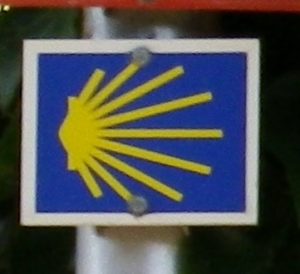
Continue reading Alsatian Way of St. James: Trail in a Nutshell
Gallery January 2017
Small Casks and Other Delights
In a brilliant tour de force, the regional authorities in the department of Bas Rhin, Alsace, have done much to promote wine tourism in this often-overlooked corner of the Alsatian Wine Route. In addition to an up-to-date wine cooperative (and shop with liberal hours), featuring some of its local Grand Cru wines, they have developed a series of wine-themed hiking circuits. There are four circuits, ranging from 17 kilometers to 13.6 kilometers. These circuits all share at least one section. To hike the outside edge of them all results in a hike of 35 kilometers. My kind of tourism. So I selected the circuit that went closest to the cooperative: the Loejele Circuit.
As this is a circuit, it is possible to begin anywhere along it, but I chose Wangen because it was closest to the highway. It is a small village, but one with its medieval walls still partially intact. In fact, my start took me out one of the gates, past the cemetery and into the vineyards in rapid succession.
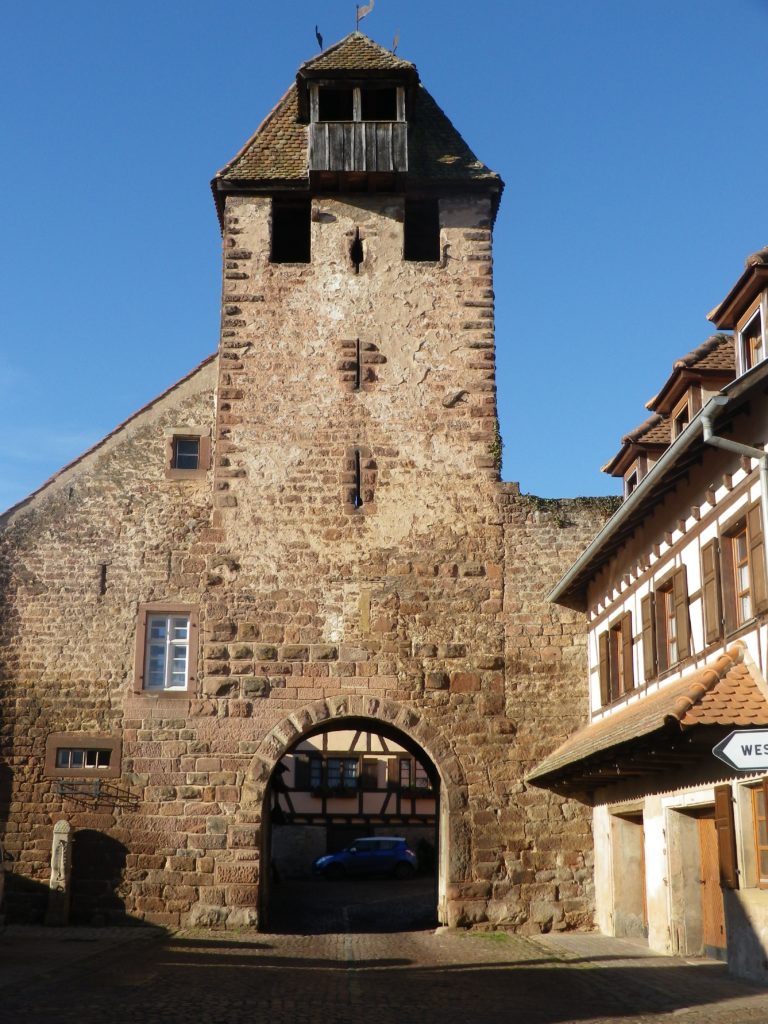
The Loejele: Trail in a Nutshell
Trail Name: Le Loejele (part of the trail series “Circuits de Bacchus”)
Trail Type: Medium distance circuit; partly paved, partly packed earthen trail surface; mostly well maintained; the route itself is marked very well.
Length: total: 14.6 kilometers/9 miles
Marking: Trace of a ring in yellow, with a white interior
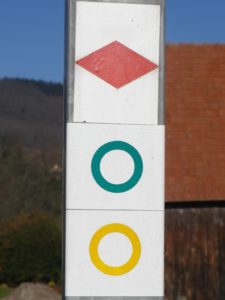
Gallery December 2016
Wine and the Dentelles
What do the Dentelles de Montmirail and Gigondas wines have in common? In my mind, both are compelling and chiseled. The explanation is a bit further below. First, some definitions of terms used.
What are the Dentelles? A scientific explanation would go into the creation of limestone, and then into a discussion of plate tectonics and fault lines. Together, these geological forces created sharp ridges of jagged, limestone peaks rising over 500 meters. A photograph is much more impressive though.
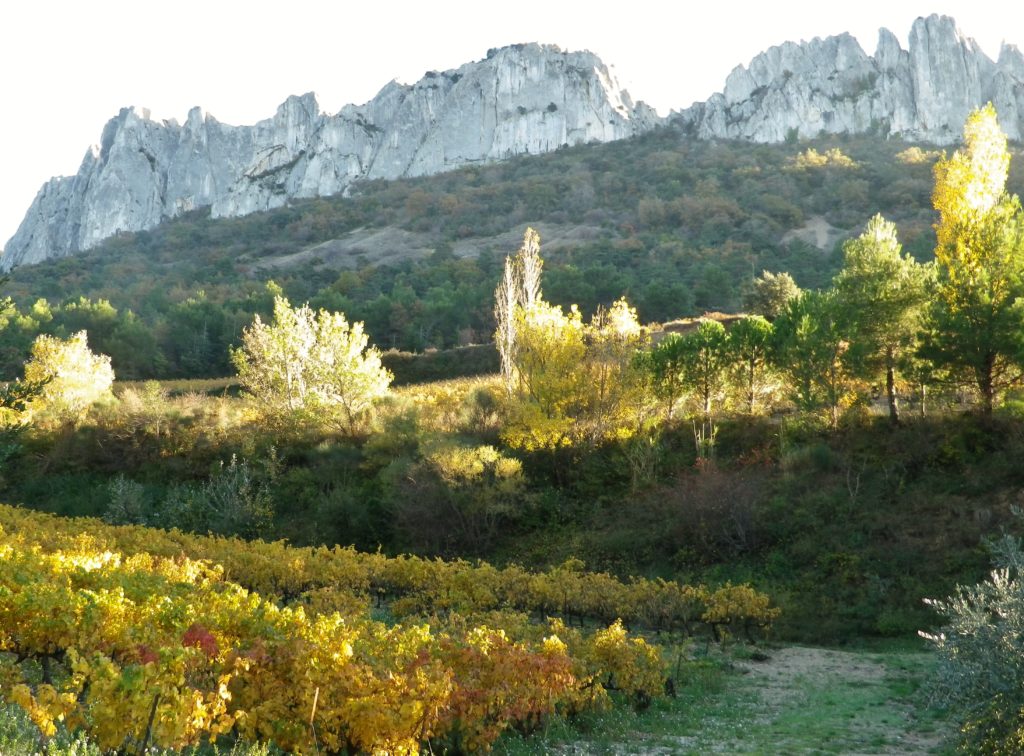
Wine Notes: Gigondas
What I Learned
Wines from France’s southern Rhone Valley are quite popular. However, within that geographic area, and distinct from the Rhone appellation, there are distinct appellations singled out for their exceptional quality. Gigondas wines merit both their own appellation and the praise they evoke. Powerful and distinctive, they have a unique taste due in large part to the unique geology of the area.
